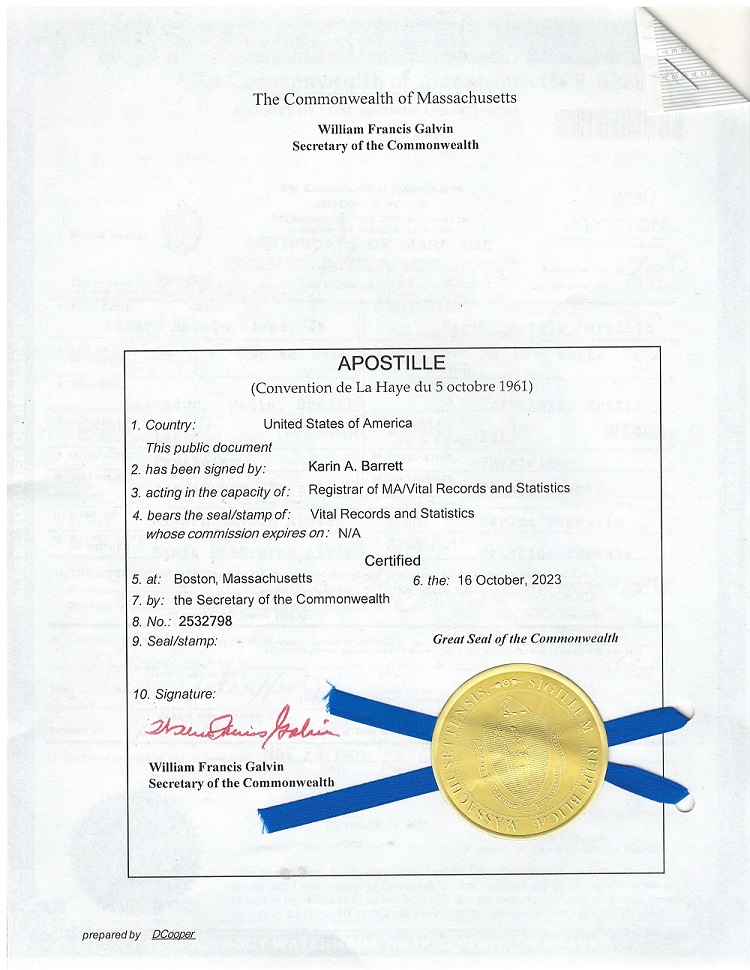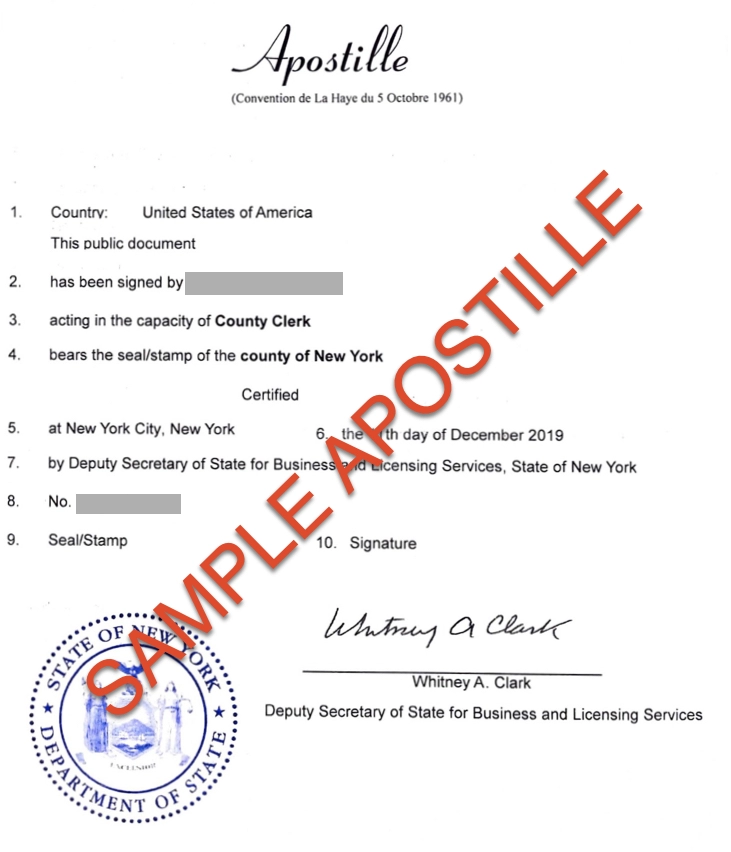Apostille Services Houston TX: Making Certain File Authentication
Apostille Services Houston TX: Making Certain File Authentication
Blog Article
Unveiling the Critical Duty of Apostille in Simplifying International Paper Validation Procedures
In the world of international affairs, the validation of documents holds paramount value. Amidst the web of governmental procedures and varying legal requirements across various nations, the function of apostille becomes a crucial facilitator in enhancing the procedure. By affixing an apostille to a paper, it goes through a streamlined validation that is recognized throughout numerous nations, hence reducing the problems connected with cross-border file verification. As we dive into the ins and outs of this specialized accreditation, the subtleties between apostille and typical recognition methods emerge, losing a new perspective on the performance and effectiveness of this essential yet typically overlooked procedure.
Recognizing Apostille Fundamentals
In the realm of paper recognition for worldwide use, grasping the fundamental concepts of apostille verification is vital. An apostille is a specialized certificate that verifies the credibility of a file for use in foreign countries that belong to the Hague Apostille Convention. Comprehending the fundamentals of apostille includes identifying that it does not validate the web content of the record yet instead licenses the trademark and seal of the issuing authority. This qualification simplifies the process of worldwide document recognition by guaranteeing that the document will be recognized as real in countries that are parties to the Apostille Convention.
Apostilles are generally provided for crucial documents such as birth certifications, marriage certificates, and scholastic records. The vital components of an apostille include the name of the nation where it was issued, the name of the individual signing the document, the capability in which the individual authorized the document, the seal or stamp of the providing authority, and the date of issuance. By comprehending these fundamental facets of apostille authentication, people and organizations can navigate the complexities of worldwide record validation with confidence and effectiveness.
Benefits of Apostille for Recognition

Furthermore, the apostille simplifies the confirmation procedure by supplying a standard certification that confirms the authenticity of the document, such as birth certifications, marriage licenses, notarized actions, and academic transcripts. This standardized style decreases the threat of denial because of strangeness with international records, thus enhancing the efficiency of cross-border transactions.
Furthermore, the apostille helps in eliminating the need for multiple layers of verification by federal government authorities, as the apostille itself represents the paper's validity. This not just speeds up the paper validation process yet additionally decreases the associated prices and bureaucratic obstacles, making it a practical and economical solution for organizations and people engaging in international tasks.
Simplifying Cross-Border Record Authentication
Facilitating the recognition of records across worldwide boundaries, the apostille process offers as a structured and generally identified method for confirming numerous sorts of official paperwork. Simplifying cross-border file authentication, the apostille removes the requirement for usually complicated and lengthy recognition procedures commonly required when presenting papers in international countries. By fastening an apostille to a file, the releasing nation certifies the credibility of the document, making it conveniently acceptable in other nations that become part of the Hague Apostille Convention. This standardized process considerably reduces the moment and effort associated with validating the legitimacy of official documentation, promoting efficiency and ease of worldwide purchases.
In addition, the apostille system boosts the safety and security and reliability of cross-border paper recognition by offering a transparent and internationally approved system for confirming the validity of files. This simplification of authentication refines not only advantages individuals and companies looking for to run globally but additionally cultivates smoother communication and cooperation in between nations by making sure the dependability of shared documentation.
Value of Apostille in Legalization

Apostille makes certain that lawful files such as birth certifications, marriage certifications, powers of attorney, and court documents are identified and accepted in international jurisdictions. This is specifically crucial in lawful issues such as worldwide fosterings, immigration processes, or business deals that entail celebrations from various nations. The apostille procedure minimizes the time-consuming procedures and administrative difficulties click this link generally connected with record legalisation, making international transactions a lot more effective and lawfully binding. Finally, the value of apostille in the legalisation of global records can not be overemphasized, as it assists in smooth cross-border communications and makes sure the legitimacy and authenticity of legal documentation.
Apostille Vs. Traditional Recognition Techniques
Contrasting apostille with standard validation techniques reveals distinctive distinctions in the efficiency and simplicity of document authentication processes for international usage. Apostille, as a standardized and structured approach developed by the Hague Convention, provides a much more straightforward method to validating files compared to standard techniques. Standard recognition procedures typically entail multiple steps, including registration, certification by government authorities, and consular legalization, which can be lengthy and troublesome.
Apostille, on the various other hand, simplifies this procedure by licensing documents with a solitary apostille certification provided by a proficient authority in the nation where the record originates (Houston TX Apostille). This certification is acknowledged by all member nations of the Hague Convention, getting rid of the need for additional embassy legalisation. Consequently, apostille significantly minimizes the moment and initiative required for paper validation, making it a recommended choice for people look at more info and organizations associated with international deals
Verdict
In conclusion, apostille plays an essential function in streamlining global document recognition procedures by offering a standardized approach of verification that is acknowledged throughout getting involved countries. By streamlining the legalization process, apostille removes the demand for several layers of recognition, lowering time and expenses connected with cross-border file authentication. This efficient system advantages individuals and organizations seeking to make use of international documents for legal objectives, making sure smoother international purchases.
By fastening an apostille to a file, it undergoes a streamlined recognition that is identified across numerous nations, thus easing the worries connected with cross-border paper authentication. Streamlining cross-border paper verification, the apostille gets article rid of the demand for extensive and commonly challenging validation procedures typically needed when providing documents in foreign nations. By fastening an apostille to a document, the providing nation licenses the credibility of the record, making it readily acceptable in various other nations that are component of the Hague Apostille Convention. By attaching an apostille to a document, the releasing country certifies the credibility of the signature, seal, or stamp on the paper, making it legitimate for use in one more member nation of the Hague Apostille Convention without the need for more legalisation.

Report this page